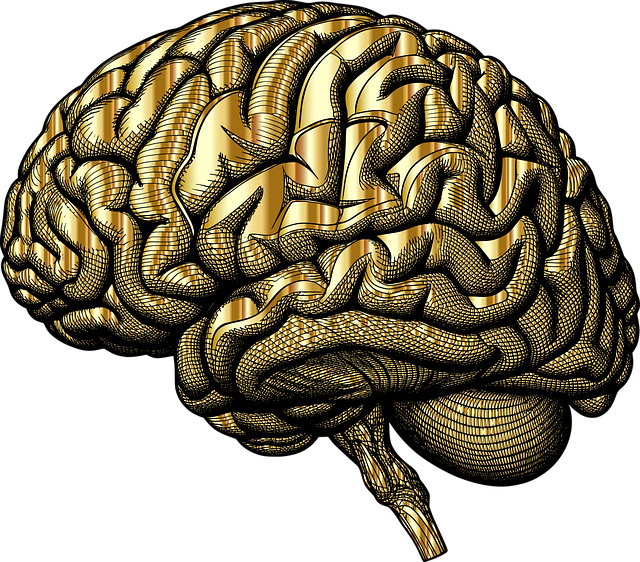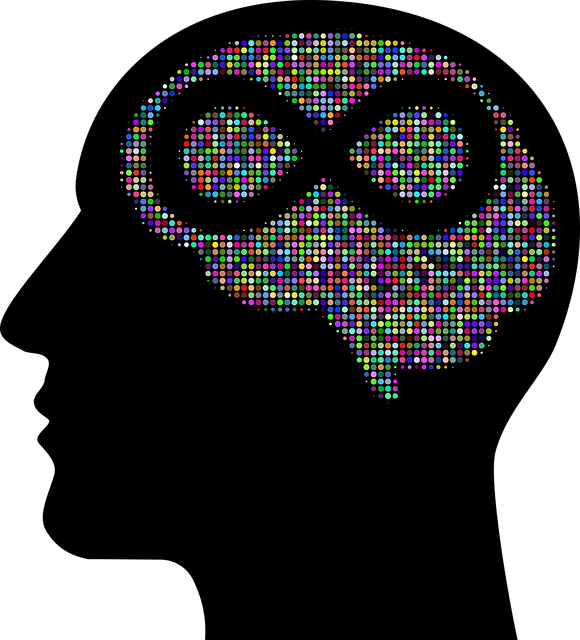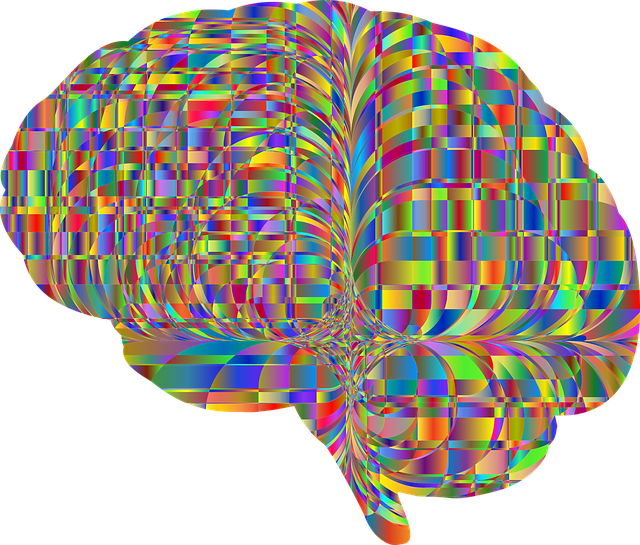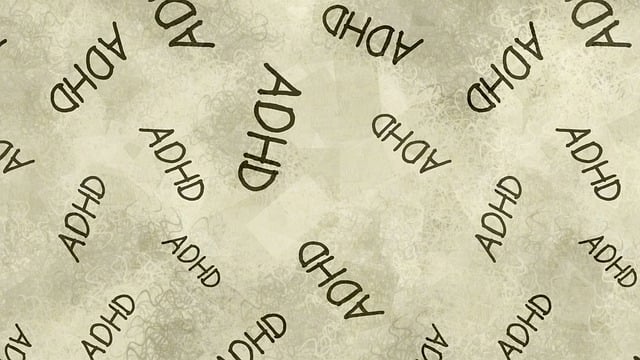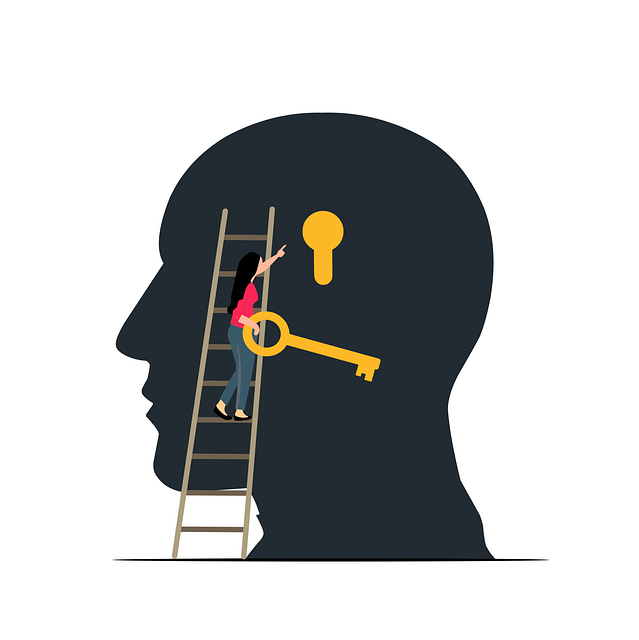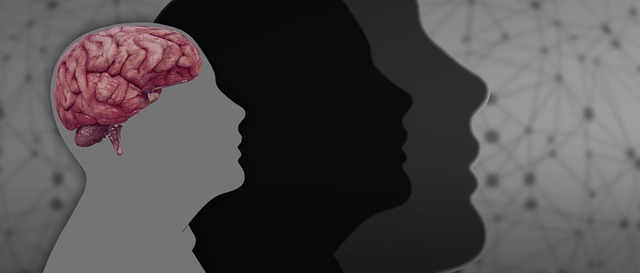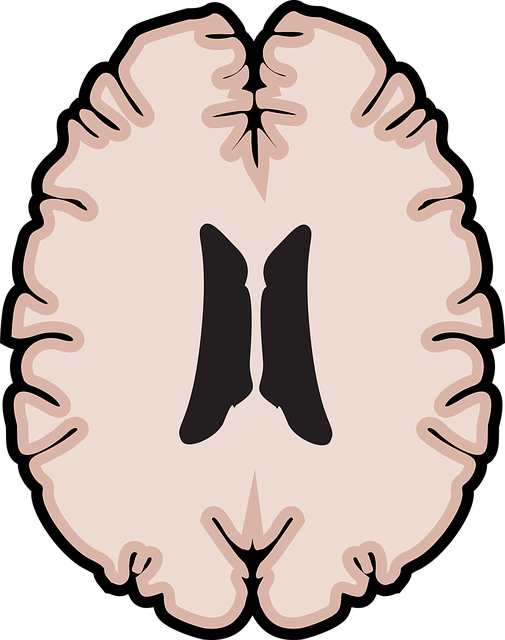Mental wellness is vital for elders with learning disabilities as poor mental health can severely impact their daily lives and access to services, leading to isolation and low self-esteem. Traditional therapy methods often misdiagnose these individuals due to their unique cognitive and emotional complexities. Specialized self-assessment tools are crucial for precise evaluations and personalized interventions under Mental Health Policy Analysis and Advocacy. Customized mental health education programs, adaptive teaching methods, risk management planning, and user feedback-driven improvements are key to fostering emotional healing, building resilience, and enhancing the quality of life for elders with learning disabilities in today's digital era.
Mental wellness self-assessment tools play a pivotal role in addressing the unique challenges faced by elders with learning disabilities. This article delves into the development of specialized tools, examining the profound impact of mental health on this vulnerable population. We explore the need for tailored assessment strategies, highlighting effective therapy approaches to enhance their well-being. Through implementation, feedback, and continuous improvement, these tools empower elders with learning disabilities to navigate their mental health journey, fostering a targeted and supportive environment.
- Understanding Mental Wellness and Its Impact on Elders with Learning Disabilities
- Identifying the Need for Specialized Self-Assessment Tools
- Designing Effective Therapy Strategies for a Targeted Approach
- Implementation, Feedback, and Continuous Improvement of Self-Assessment Tools
Understanding Mental Wellness and Its Impact on Elders with Learning Disabilities

Understanding mental wellness is paramount when addressing the unique needs of elders with learning disabilities. The impact of poor mental health can be profound, hindering their ability to navigate daily life and access essential services. Many elders in this situation struggle with feelings of isolation, low self-esteem, and difficulty coping with challenges that come their way. These emotional challenges often stem from a combination of factors, including societal barriers, past traumas, and the specific learning disabilities they face.
The development of effective therapy for elders with learning disabilities must therefore consider these complex factors. Targeted interventions should focus on fostering emotional healing processes, promoting coping skills development, and nurturing inner strength. By implementing tailored strategies, we can support these individuals in cultivating resilience, managing stress, and improving overall mental wellness, ultimately enhancing their quality of life.
Identifying the Need for Specialized Self-Assessment Tools

In today’s world, the importance of mental wellness cannot be overstated, especially for vulnerable populations such as elders with learning disabilities. While traditional therapy methods have proven effective, there is a growing need for specialized self-assessment tools tailored to their unique challenges. Many existing assessments may not adequately capture the complexities of cognitive and emotional functioning in this demographic, leading to potentially misdiagnoses or overlooked mental health issues.
The development of such tools is crucial in the context of Mental Health Policy Analysis and Advocacy, as they can facilitate more precise evaluations and personalized interventions. By incorporating specific communication strategies and social skills training elements into self-assessment protocols, professionals can better understand the experiences and perspectives of elders with learning disabilities. This, in turn, enables them to design targeted therapies that address not only their mental health but also their overall quality of life.
Designing Effective Therapy Strategies for a Targeted Approach

In developing effective therapy strategies for a targeted approach, it’s essential to consider the unique needs and challenges faced by older adults with learning disabilities. Customized mental health education programs designed specifically for this demographic can significantly enhance their emotional healing processes. These programs should focus on adaptive teaching methods that accommodate cognitive differences, fostering an inclusive environment that promotes participation and engagement.
Risk management planning is another critical component for mental health professionals working with this population. Strategies must be implemented to mitigate potential risks, ensuring the safety and well-being of both clients and practitioners. Tailoring therapy sessions to individual needs, while incorporating robust risk assessment tools, allows for a more effective and secure therapeutic journey. This targeted approach not only facilitates emotional healing but also empowers older adults with learning disabilities to navigate their mental wellness journeys with increased confidence and resilience.
Implementation, Feedback, and Continuous Improvement of Self-Assessment Tools

The implementation of self-assessment tools for mental wellness among elders with learning disabilities requires a thoughtful approach to ensure their effectiveness and usability. Following initial development, pilot testing is crucial to gather feedback from the target population. This process allows for necessary adjustments, ensuring the tool aligns with the unique needs and preferences of this specific demographic. By involving participants in the evaluation phase, developers can identify potential barriers or confusing elements within the assessment, fostering improvements that enhance overall user experience.
Continuous improvement is a vital aspect of refining these tools. Regularly seeking feedback from mental health professionals, caregivers, and individuals with learning disabilities will help tailor the assessments to emerging best practices in therapy for elders. This iterative development process promotes the integration of Empathy Building Strategies and Crisis Intervention Guidance, ensuring that self-assessment remains a valuable resource for Mental Health Awareness and supporting those who may be facing challenges related to their cognitive abilities.
The development of specialized self-assessment tools tailored to mental wellness in elders with learning disabilities is a significant step towards enhancing their quality of life. By addressing the unique challenges these individuals face, we can create targeted therapy strategies that effectively support their emotional well-being. Continuous improvement through implementation and feedback ensures these tools remain relevant and beneficial. This article has highlighted the importance of such initiatives, offering a roadmap for professionals to navigate and revolutionize mental health support for this vulnerable population, ultimately fostering a more inclusive and caring society.
